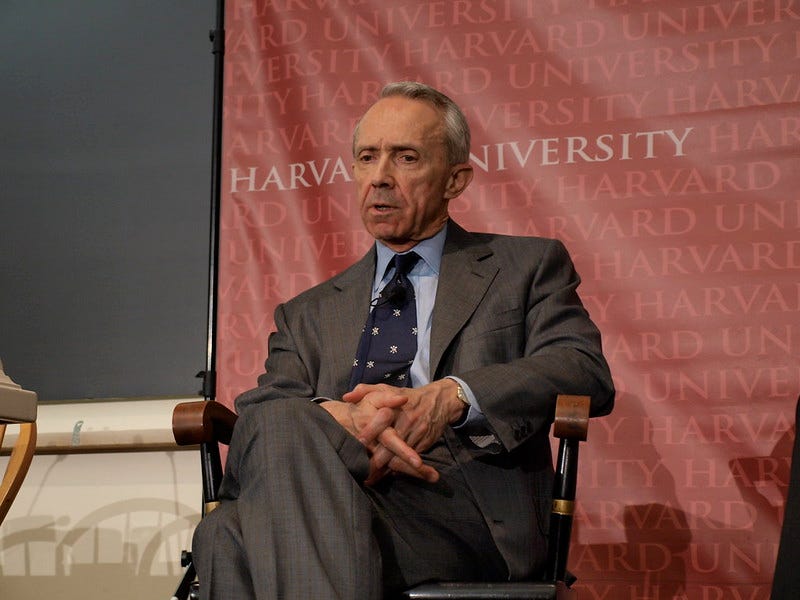Three Really Bad Votes by David Souter on the Supreme Court
Souter’s retreat from originalism in Kelo, Casey, and McCreary tarnished his legacy.
When a public figure like Justice David Souter passes away, as he did last Thursday at the age of 85, his record is often remembered through rose-tinted spectacles; respectful obituaries often smooth over his shortcomings. Souter's death saddened me deeply because I admired him for his intelligence and humility as a judge. But his death also reminds me of profound disappointments with his judicial record, which diverged from the ideals many had thought he would uphold.
Appointed by President George H.W. Bush in 1990, Souter was intended to be an originalist and a champion of limited government. As a constitutional conservative, I believe it is the Supreme Court's intended role to interpret the original intent of the Constitution; however, Justice Souter's votes often seemed to uphold federal overreach and judicial activism. These are three of his worst Supreme Court votes, each of which violated basic constitutional principles.
1. Kelo v. City of New London (2005): Souter's majority opinion redefined "public use" in the Fifth Amendment's Takings Clause to authorize private economic development. Permitting property takings for corporate benefit erodes property rights, the foundation of freedom, and is contrary to the principle of constitutional restraint.
2. Planned Parenthood v. Casey (1992): Souter joined in the opinion sustaining Roe v. Wade, co-authoring the imprecise "undue burden" requirement. Prioritizing precedent to the Constitution's silence regarding abortion, he paid no attention to the Tenth Amendment's reserve of unenumerated powers to the states, entrenching judicial overreaching.
3. McCreary County v. ACLU (2005): Souter's ruling discredited Ten Commandments displays in Kentucky courthouses, citing a "wall of separation" that does not exist in the First Amendment. His secularism misunderstood the Establishment Clause, stifling the Founders' embrace of public faith.
Souter's votes on these and other cases put expansive government and secular ideology over constitutional fidelity, eroding property rights, state sovereignty, and religious freedom. As his passing challenges us to reflect on his scholarship, it also challenges us to seek justices who honor the original intent of the Constitution. We must strive for a Court that protects liberty and ensures its durability.




So true Jon. Souter was a really awful choice and a botched opportunity by true RINOs.
True, amongst the praise must be the facts. He helped drive the bus that brought US here.